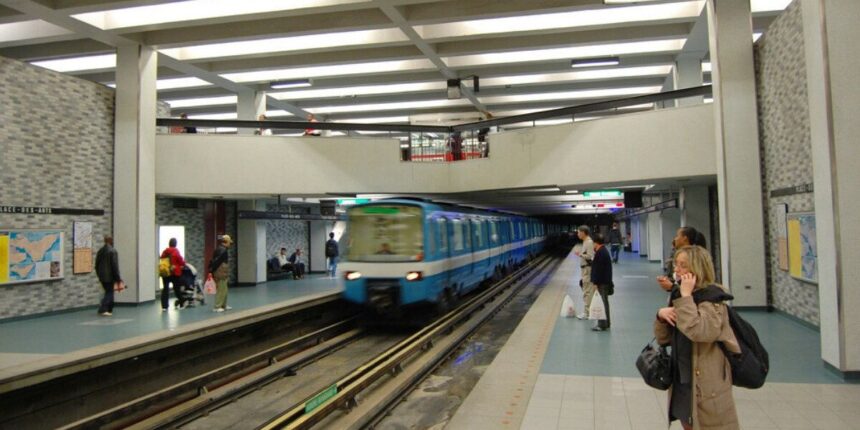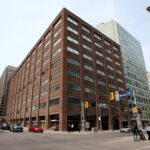The financial reality for Montrealers continues to shift dramatically as we move through 2024. According to the latest economic assessments, residents now need to earn at least $40,000 annually to maintain a basic comfortable lifestyle in Canada’s cultural capital – a figure that represents a substantial increase from previous years.
Walking through the Plateau on a crisp morning last week, I couldn’t help but notice the changing landscape of our beloved city. Neighbourhoods once known for their affordability now display “à louer” signs with rental prices that would have seemed unthinkable just five years ago. This transformation isn’t merely anecdotal – it’s backed by compelling economic data.
The Quebec Institute for Socioeconomic Research recently published findings indicating that housing costs now consume approximately 40% of after-tax income for many Montrealers earning below the recommended threshold. “The rental market has experienced unprecedented pressure,” explains housing economist Marie-Claude Tremblay. “We’re seeing average rents climb between 7-12% annually in desirable neighbourhoods, far outpacing wage growth.”
This shift affects everything from housing to groceries. At Jean-Talon Market, where I’ve shopped for years, vendors acknowledge the changing dynamics. “My regular customers are making different choices now,” shares François Leblanc, a produce vendor who has operated his stall for over two decades. “They’re more selective, buying less, or choosing different options than before.”
For young professionals like Sophia Lavoie, a 28-year-old graphic designer I interviewed, the financial calculus has changed entirely. “When I moved here in 2019, I could afford my own place in Villeray on an entry-level salary. Now, I need roommates despite two promotions,” she explains. “It’s not just rent – it’s everything. Groceries, transportation, even a coffee seems to cost more.”
The data supports these observations. The Montreal Economic Institute reports that overall living expenses have increased approximately 18% since 2020, while average salaries have only risen by about 11% during the same period. This growing gap creates real pressure on household budgets across income brackets.
City officials recognize these challenges. Montreal’s economic development office recently launched initiatives aimed at attracting higher-paying jobs while simultaneously working to expand affordable housing options. “We’re focused on building a more resilient economic ecosystem,” says Jean-Philippe Vermette from the city’s economic planning department. “The goal is ensuring Montrealers can access better-paying opportunities while preserving the city’s unique character.”
Despite these challenges, Montreal still remains more affordable than Toronto or Vancouver. A comparable comfortable lifestyle in those cities requires salaries closer to $60,000 and $65,000 respectively. This relative advantage continues to attract newcomers from other Canadian urban centers, ironically contributing to our own housing pressure.
Financial advisors recommend that Montrealers earning below the $40,000 threshold consider creative solutions. “Shared living arrangements, careful budgeting, and prioritizing expenses become essential,” advises financial planner Robert Sanchez. “Many clients are also developing secondary income streams or pursuing additional skills training to increase their earning potential.”
For long-time residents, particularly those on fixed incomes, the changing economic landscape presents significant challenges. Community organizations report increased demand for assistance with basic necessities. Food bank usage has risen approximately 23% since 2022, according to Moisson Montréal’s quarterly reports.
As I finished my interviews and walked back through Mile End, passing the mix of traditional businesses and newer establishments that define our evolving city, the complexity of Montreal’s situation became even clearer. We’re experiencing the growing pains of a city in transition – one that remains vibrant and culturally rich, but increasingly expensive for many who call it home.
The reality is that Montreal’s affordability advantage, long one of its defining characteristics, appears to be gradually eroding. Yet the spirit of innovation and community that defines our city offers hope that creative solutions will







